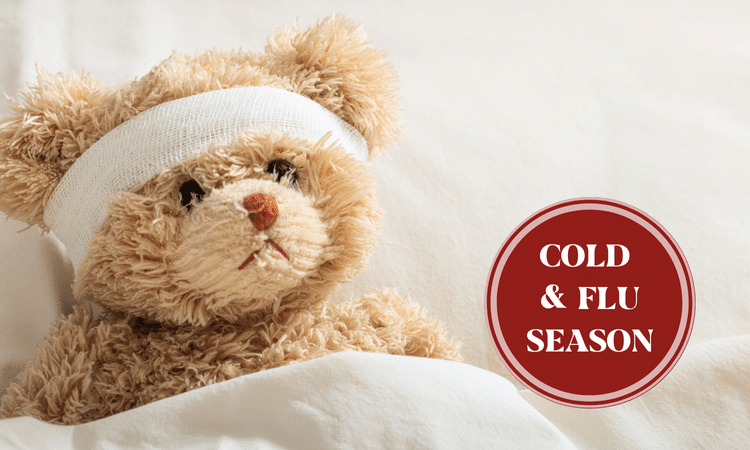
The CDC is seeing a rise in RSV, here are the signs:
The Center for Disease Control (CDC) is seeing a significant rise in RSV during this cold and flu season. Protect yourself and your loved ones.
Symptoms & Care
People infected with RSV usually show symptoms within 4 to 6 days after getting infected. Symptoms of RSV infection usually include
- Runny nose
- Decrease in appetite
- Coughing
- Sneezing
- Fever
- Wheezing
These symptoms usually appear in stages and not all at once. In very young infants with RSV, the only symptoms may be irritability, decreased activity, and breathing difficulties.
Most RSV infections go away on their own in a week or two
Take steps to relieve symptoms
- Manage fever and pain with over-the-counter fever reducers and pain relievers, such as acetaminophen or ibuprofen. (Never give aspirin to children.)
- Drink enough fluids. It is important for people with RSV infection to drink enough fluids to prevent dehydration (loss of body fluids).
- Talk to your healthcare provider before giving your child nonprescription cold medicines. Some medicines contain ingredients that are not good for children.

